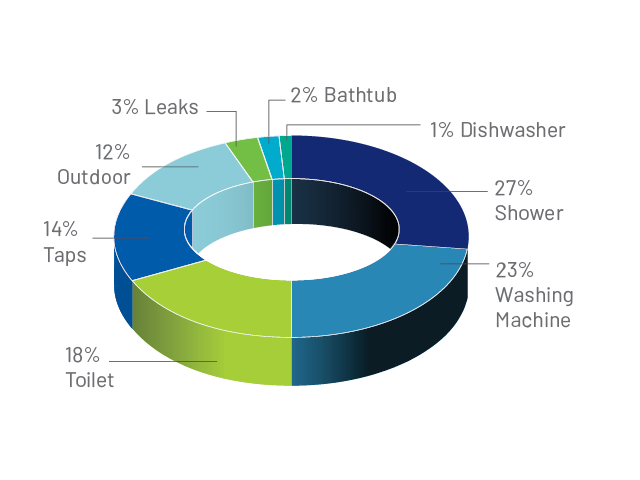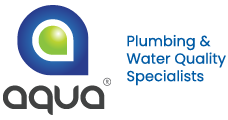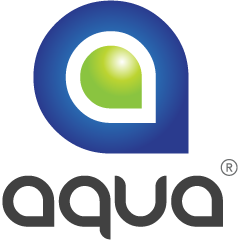
Rainharvesting
Everything you need for professional rainwater harvesting
We install systems that catch rainwater from your spouting and downpipes and store it for future non-potable uses.
If you are interested in capturing rainwater to reduce your water bills and maintain a more sustainable environmentally friendly household we can assist you.
This feature is now becoming mandatory on a lot of new building projects. We specialise in working with our suppliers to provide retention and detention solutions to match your specifications. If you would like to find out more, contact us today.


Reduce your water bills and recycle rain water for:
- Watering the garden
- Washing the car
- Flushing toilets
- Washing clothes
- Topping up spas and swimming pools
BENEFITS OF RAINWATER HARVESTING
Rainwater harvesting can also be used to improve plants and gardens. Using harvested water can flush the salt buildup from plants and soil. Harvested rainwater is generally free from several types of pollutants and man-made contaminants. Rain is also free from chlorination. Using water that is clean and healthy for plants and trees can save money on overall property maintenance and landscaping needs.
Harvesting rainwater can help the environment in a number of ways. For starters, it can reduce erosion around downspouts and in gardens. It can also control stormwater run-off. Rainwater doesn’t produce scale and corrosion as hard water does. The collection of rainwater may reduce flooding in certain areas as well.
Sources of groundwater are increasingly being strained in many areas throughout the world. Digging deeper wells is not only expensive but can cause environmental damage such as collapsing the soil where the water used to be. It only makes sense to use sources of rainwater whenever possible. Harvested rainwater can be stored and then used during times of drought and when the groundwater supplies have been depleted.
Rainwater harvesting will not only help individuals save on their water bills but can cut costs for entire communities. The cost to supply mains and overall water services can be substantially reduced when many people in one community use rainwater. Having a source of water can also reduce dependence on municipal sources in case the water becomes contaminated. Rainwater can be used as the primary source of water or as a backup source when needed.
The majority of the water we need is used for non-drinking. Everything from washing clothes and dishes to bathing and flushing toilets requires large amounts of water. Rainwater can be used for all of these things. Rainwater is soft and can lessen the need for detergents when washing clothes and dishes. Rainwater can also be used for washing vehicles, bathing pets, and nearly all cleaning that uses water.

